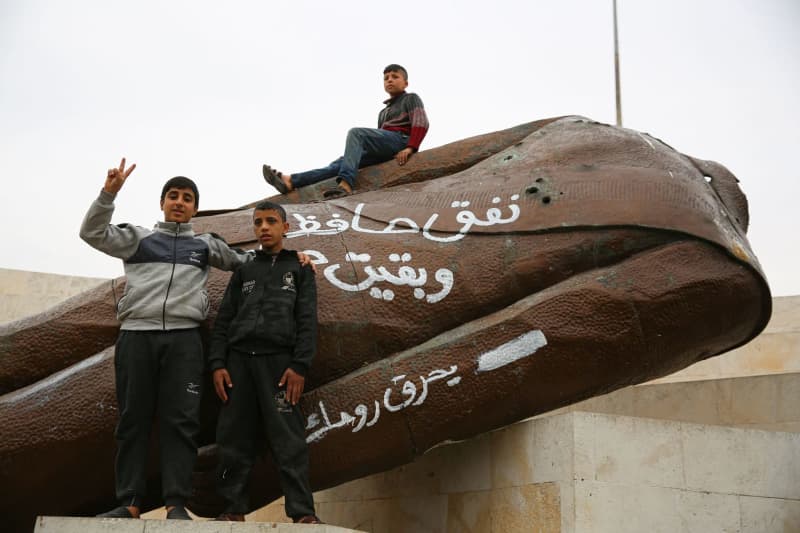On Monday, the UN Security Council is set to hold an emergency meeting following a significant shift in the Syrian political landscape, triggered by the recent declaration from Syrian rebels regarding the ouster of President Bashar al-Assad. The session, which is expected to be closed to the public, has been called at the request of Russia amid an escalating crisis in the region. This meeting reflects the urgent need for international intervention and discussions regarding the future of Syria as its capital, Damascus, has fallen under the control of rebel forces.
The rebels’ success has ushered in a new phase in the ongoing civil conflict, which has plagued Syria for over a decade. With rebels asserting effective control over Damascus, the landscape of power in the country has dramatically shifted. Reports indicate that President Assad may have fled to Moscow, implying a significant defeat for the regime that has held sway in Syria for over 20 years. This development marks a pivotal moment in the Syrian conflict, changing both the immediate and long-term implications for governance and stability in the region.
The offensive that led to this dramatic turn of events began in late November, driven by a coalition of rebel factions led by the Islamist group Hayat Tahrir al-Sham (HTS). Their surprising assault in north-western Syria caught pro-Assad forces off guard, enabling the rebels to gain control over significant territories as they made their advance towards the capital. Such swift territorial gains reflect both strategic military planning by the rebel forces and possible vulnerabilities within the Syrian government, which has been dealing with a multitude of challenges in recent years.
The fall of Damascus has raised pressing questions about Syria’s future governance and the potential for a power vacuum, which could lead to further instability within the nation and the wider region. The rebel coalition now faces the daunting task of establishing a semblance of order and control in a city that has been central to the Assad regime’s power. Internally, the political dynamics will shift as factions vie for influence, and there will be urgent needs for humanitarian assistance as the consequences of conflict continue to unfold on the ground.
Internationally, the implications of this development are profound, prompting the UN Security Council’s emergency meeting. Countries involved in regional politics, including Russia, will play a crucial role in shaping the new dynamics in Syria. These nations must now confront the reality of a rebel-controlled capital and the associated responsibilities of restoring stability and providing aid. The shift in power also poses significant challenges for already fragile relationships within the region, as various groups reassess their positions in light of a possible new Syrian leadership.
As the international community watches closely, the outcomes of the emergency session at the UN will be pivotal in determining the course of events in Syria moving forward. The council’s discussions are expected to revolve around not only immediate security concerns but also long-term strategies for political reconsolidation and humanitarian aid. The situation underscores the complexity of the Syrian conflict and the ongoing struggle for power among diverse factions, both domestic and foreign, as the nation seeks to move past a brutal history marked by violence and civil strife.

